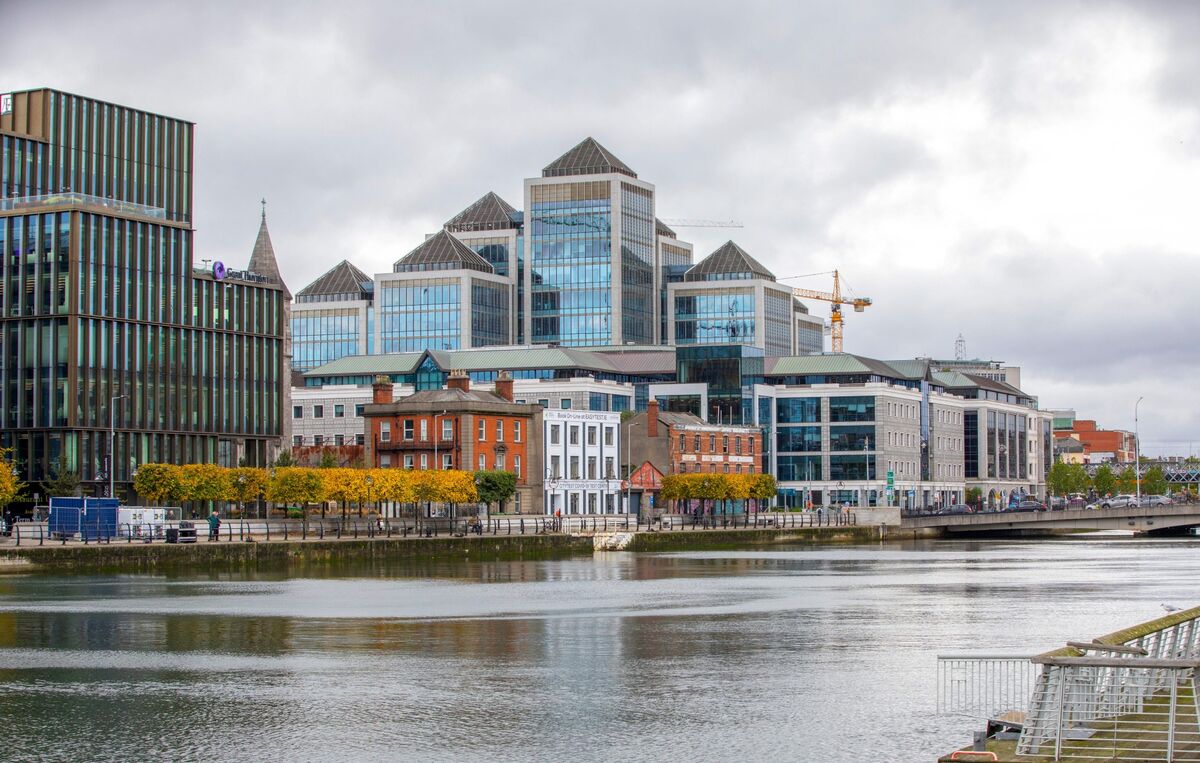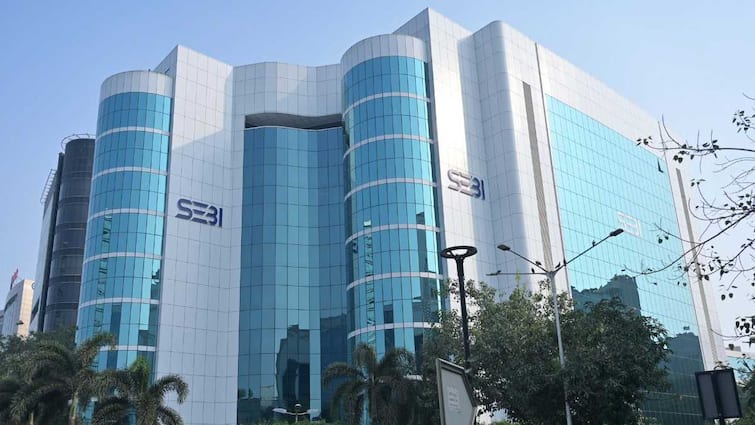US Tariffs Threaten Ireland's Financial Recovery: Will American Banks Bear the Brunt?

Ireland's remarkable financial rebound, largely fueled by the presence of major US banks and multinational corporations, is facing a new and significant challenge: escalating trade tensions and the potential fallout from US tariffs. When the US initiated a wave of tariffs against key trading partners in April, concerns immediately arose regarding the impact on countries heavily reliant on US investment and operations.
BlackRock CEO Larry Fink, recognizing the potential vulnerability, was reportedly in Ireland at the time, a nation considered among those with the most to lose should US multinationals be compelled to scale back their international activities. Ireland's economic success in recent years has been intrinsically linked to its attractiveness as a European hub for US companies, drawn by favorable tax policies and a skilled workforce. These corporations, in turn, rely on the robust financial services provided by US banks operating within the country.
The tariffs, designed to protect American industries, have created a ripple effect, impacting global supply chains and raising the specter of retaliatory measures. For Ireland, this presents a complex dilemma. While the country benefits from the presence of US businesses, it also risks economic disruption if those businesses are forced to relocate or reduce their investment due to increased trade barriers.
The Role of US Banks
US banks play a crucial role in facilitating Ireland's financial ecosystem. They provide essential lending, investment, and advisory services to both US multinationals and Irish businesses. A downturn in US-Ireland trade could significantly impact the profitability and operations of these banks, potentially leading to reduced lending and investment in the Irish economy. Furthermore, the uncertainty surrounding trade policy can deter future investment, hindering Ireland's long-term growth prospects.
Beyond BlackRock: A Broader Concern
While Fink's presence in Ireland highlighted the issue, the concerns extend far beyond BlackRock. Major US banks, including JPMorgan Chase, Bank of America, and Citigroup, have a substantial presence in Ireland, and their exposure to the potential fallout from tariffs is considerable. These institutions are closely monitoring the situation and are likely to be advocating for a resolution that minimizes disruption to trade flows.
Looking Ahead: Navigating the Uncertainty
The Irish government is actively engaged in diplomatic efforts to address the concerns surrounding US tariffs. They are working to reassure US businesses that Ireland remains a stable and attractive investment destination. However, the ultimate outcome will depend on the evolving trade landscape and the willingness of both the US and its trading partners to find common ground.
The situation underscores the interconnectedness of the global economy and the vulnerability of countries reliant on international trade and investment. Ireland's experience serves as a cautionary tale, highlighting the importance of diversification and resilience in the face of geopolitical uncertainty. The coming months will be critical in determining whether Ireland's financial recovery can withstand the headwinds posed by US tariffs and the broader trade tensions.






